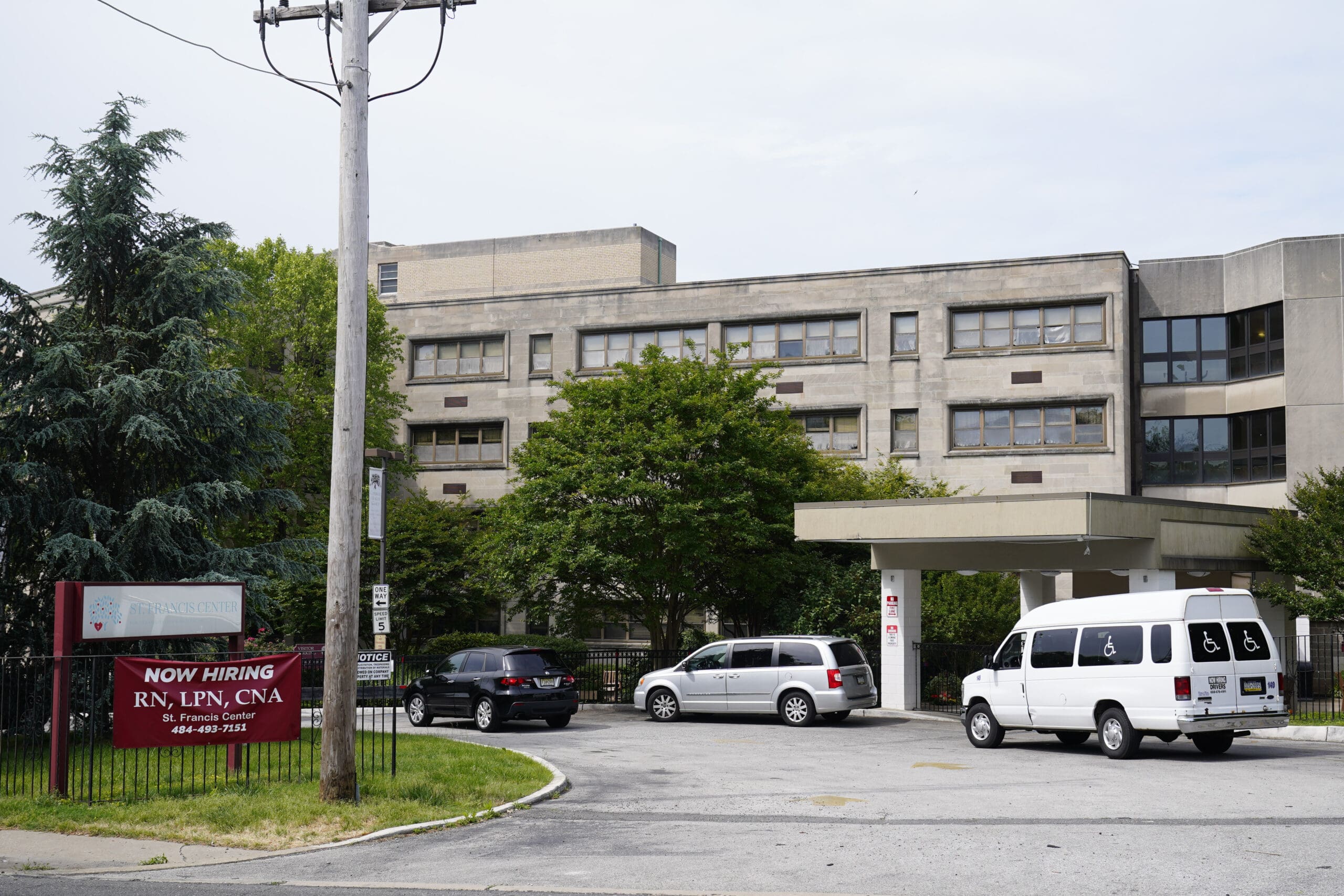Medicaid Cuts Threaten Rural Healthcare in Pennsylvania's Nursing Homes
- Better American Media
- Apr 4
- 2 min read

Concerns Rise Over Proposed Medicaid Cuts and Their Impact on Rural Healthcare in Pennsylvania
The potential for significant Medicaid cuts proposed by congressional Republicans has raised alarms among healthcare providers in Pennsylvania, especially those serving rural communities. The cuts, aimed at funding tax reductions and deportation strategies, could threaten vital healthcare services, leading to hospital closures, job losses, and a decrease in access to necessary care for many residents.
April Chirdon, a certified nursing assistant at Haida Healthcare and Rehabilitation Center in Hastings, expressed her deep concern for her patients, many of whom rely on Medicaid for their long-term care. “They’ve become family,” said Chirdon, reflecting on the bonds formed over her 17 years of service. As she contemplates the implications of the proposed cuts, she questions, “What will happen to patients unable to care for themselves? They can’t be sent into the streets. Where will they go?”
The Proposed Cuts and Their Potential Consequences
The Republicans' plan includes drastic reductions amounting to $880 billion from Medicaid and Medicare over the next decade, as part of a larger $4.5 trillion tax cut initiative. This could negatively affect approximately three million Pennsylvanians, including the most vulnerable populations such as children, pregnant individuals, and those with disabilities.
Health care advocates warn that the ramifications of such cuts could be dire, particularly for rural hospitals and nursing homes that heavily depend on federal funding. Research indicates that 42,000 jobs could vanish as a result, along with potential coverage losses for hundreds of thousands of residents.
Patrick Keenan from the Pennsylvania Health Access Network emphasized that Medicaid cuts might hinder access to healthcare, especially in rural regions where local hospitals often function as major employers. “Medicaid cuts will lead to job loss, reduced care access, and force patients to travel further for essential health care,” he noted.
Impact on Nursing Homes and Community Health
In Pennsylvania, nearly 64% of nursing homes rely on Medicaid, making them particularly vulnerable to funding reductions. Many rural homes depend entirely on Medicaid, and leaders in the healthcare industry warn that these facilities may face imminent closure as funding dwindles.
Chirdon pointed out that the staffing crisis in nursing homes has reached unprecedented levels since the pandemic, compounded by low wages and insufficient benefits. “Understaffed facilities will find it impossible to fill already low-wage, limited-benefit positions,” she observed, emphasizing the precarious situation of healthcare staffing.
With the potential closure of such facilities, Chirdon noted the far-reaching effects on Hastings, stating, “We’re the only option for miles. If we close, the entire community feels it.” Local businesses that rely on the nursing home for clientele would also be affected, showcasing the interconnectedness of healthcare facilities and the local economy.
As these pressing discussions unfold in Congress, nursing home workers and residents find themselves anxious about the future of their jobs and the care available to those in need. Chirdon encapsulated the sentiments of many by asking, “Will we have jobs? Where will residents go?” highlighting the deep concerns facing her community.

